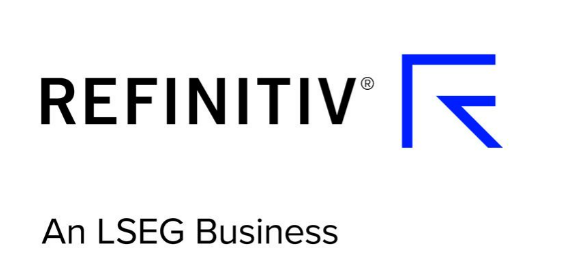How much will investing cost?
- 4 min reading time

Fees are a fact of life for investors – but it's vital to know exactly how much you'll pay, and how it will affect your finances.
What you will learn
When you're investing, you can expect to pay fees at various points in the process. And, while charges can seem low – often shown as a percentage of the amount of money being invested – it's important to calculate how they add up.
The cost of DIY trading
When you invest directly, you can expect to pay a fee each time you buy or sell shares. Trading charges vary, but they are often set at around £10 to £15 per trade.
There is, however, usually a reduced 'frequent trading' rate, if your trades exceed a certain amount per month.
It's worth considering that you have to pay 0.5% in stamp duty on share purchases and there may be an 'inactivity fee' charged on some accounts if you don't trade over a set period.
How much it costs to use a platform
As well as investment management charges, there will be a fee for using an online platform. Charges vary, but they are usually based on a percentage or a flat annual rate.
Some platforms offer services such as investment data and portfolio analysis tools; others are strictly 'no-frills'.
Did you know?
Fees are split between charges made for managing your fund and the amount paid to people who sell the product to you.
The price of broker expertise
The above charges are for so-called 'execution only' services, where you take responsibility for making the decisions about which shares to buy and sell.
If you seek a broker's advice on what to buy and sell, or allow them to make trades on your behalf, you will pay more for using their expertise.
Inside fund charges
Fund charges have been reformed in recent years, and it is now easier to find out how much investing in a fund will cost.
Did you know?
The law says investment funds must publish their 'ongoing charge' – the total of management and additional costs (but not broker, platform or adviser costs). You can find it in any fund's Key Investor Information Document.
Fund charges generally fall into the range of 0.25% to 1.4% per year. Actively managed funds – where a professional fund manager makes investment decisions and reacts to events – typically charge higher fees than tracker funds, which simply follow a market.
Tracker funds rise and fall with a market, and so can't grow more quickly. The actively managed fund could, in theory, do much better – but it is not guaranteed.
The decision to pay higher fees in return for a chance to earn more money will be guided by the individual investor's approach to risk.
Some funds also charge a 'performance fee' of around 20% where the performance of an investment tops a specified level. Again, you will need to factor in platform costs, assuming you use a DIY service, or broker fees.
Seek expert advice is needed
Once you have added up the fees that would apply to your investments, you can check if their potential to grow would offset these costs, or if other products offer you better value.
If you are not sure whether to choose your own investments or speak to an expert, read our article on Taking advice versus doing it yourself.
Any information provided should not be considered personal advice. Past performance is not a guide to future performance. You may not get back the full amount you invest. If you have any doubts about making your own investment decisions, seek financial advice. Tax treatment depends on individual circumstances and may be subject to change in the future. The information given is not intended to provide legal, tax or financial advice.

























